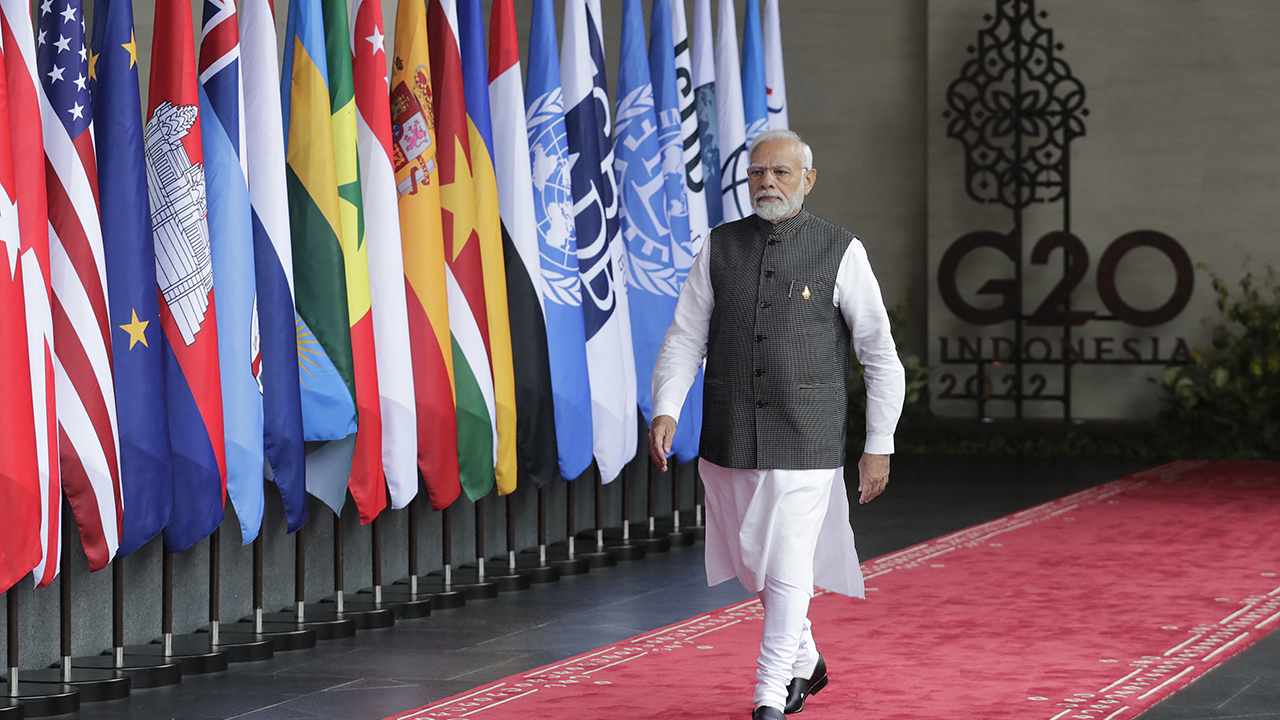
Most across 19 countries see strong partisan conflicts in their society, especially in South Korea and the U.S.
Perceptions of strong partisan conflict are most widespread among adults in South Korea, the United States, Israel, France and Hungary.
Perceptions of strong partisan conflict are most widespread among adults in South Korea, the United States, Israel, France and Hungary.
Most in advanced economies say voting, taking steps to reduce climate change and getting a COVID-19 vaccine are ways to be a good member of society; fewer say this about attending religious services.
When comparing turnout among the voting-age population in recent national elections in 50 countries, the U.S. ranks 31st.
Only three-in-ten Americans say it is a very serious problem for the United States if Xi Jinping assumes a third term as China’s leader.
At least eight-in-ten adults in Poland and six-in-ten in Hungary say the EU promotes peace, democratic values and prosperity.
As daunting challenges from Russia, China and a flagging global economy ripple across the world, Americans and Germans continue to say that relations between their countries are good. Most Americans and Germans continue to see each other as partners on protecting European security, and publics in each country are willing to support using military action to protect themselves and their allies.
Elections in Italy and Sweden have underscored the growing electoral strength that populist parties have displayed in Europe in recent years.
The Chinese Communist Party is preparing for its 20th National Congress, an event likely to result in an unprecedented third term for President Xi Jinping. Since Xi took office in 2013, opinion of China in the U.S. and other advanced economies has turned more negative. How did it get to be this way?
While 26% of U.S. adults became more negative toward China between 2020 and 2022, 17% became more positive toward it.
Australian adults most frequently mentioned the political system when thinking about China, while others mentioned threats and human rights.
Across 12 countries, a median of 40% of adults say they have no confidence in Indian Prime Minister Narendra Modi to do the right thing regarding world affairs. About eight-in-ten Indians have a favorable view of Modi.
Majorities in most countries say China does not take into account the interests of other countries in its foreign policy, and China does not contribute to global peace and stability.
Across 24 countries, large shares have an unfavorable view of Russia and no confidence in Putin to do the right thing regarding world affairs.
Overwhelmingly, people believe the U.S. interferes in the affairs of other countries, but most also believe the U.S. contributes to peace and stability around the world. U.S. President Joe Biden receives mostly positive reviews.












